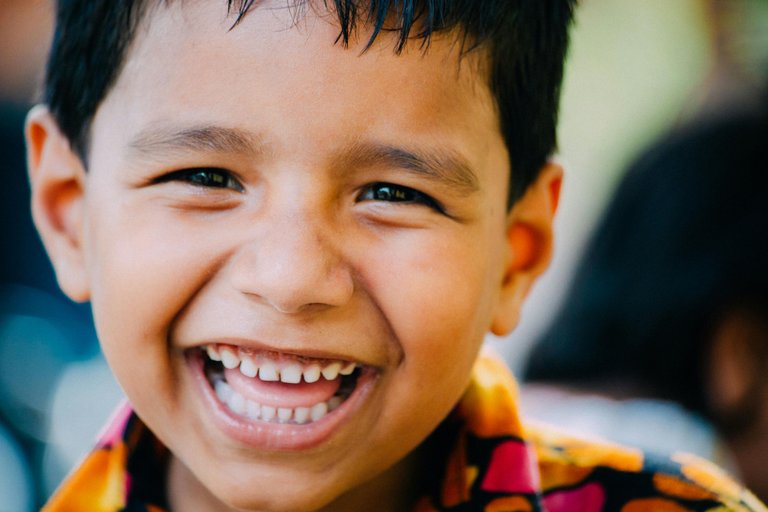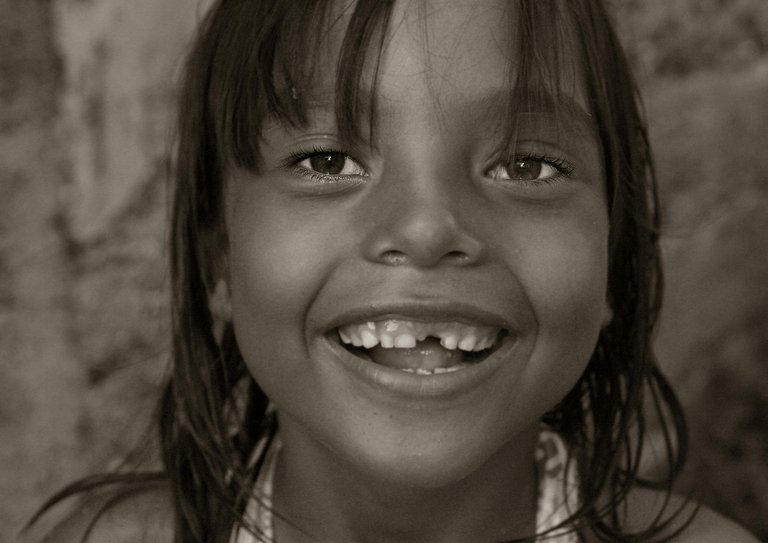Early childhood caries ( ECC)
Early childhood caries (ECC), formally known as nursing bottle caries, baby bottle tooth decay and night bottle caries, is a disease that affect teeth in children aged between birth and 71 months. Early childhood caries has been shown to be a very common, transmissible bacterial infection, usually passed from the primary care giver to the child. The main bacteria's responsible for Dental cavities (Dental caries) are streptococcus mutans and lactobacillus.
Healthy baby teeth
Tooth decay in infants happens when teeth are in contact with sugary liquids often or for long periods of time. These liquids include fruit juice, soda and other sweetened liquids. Early childhood caries can destroy the teeth of an infant or young child.
There are four (4) stages of tooth decay. The four stages were referred to as; initial, damaged, deep lesions, and traumatic. During each stage, a different group of teeth are involved, and dental caries can range from enamel demineralization ( opaque white demineralization) to cavitation involving enamel and dentin.
Tooth decay
To make matters worse, tooth decay in very young children is especially aggressive, when left untreated. It can rapidly destroy the entire teeth and can lead to infections that becomes medical emergencies. This is especially problematic because tooth decay does not often goes untreated in very young children. Infant, one study found that approximately 52% of children aged 3-5 years or younger who were brought to the U.S,
Children's hospital for caries related emergencies had their first contact with a dentist in the emergency room.
Ways to prevent Early decay
do not let your child sip constantly on drinks with sugar.
babies and toddlers should finish their naptime and bedtime bottles before going to bed.
if your child uses a pacifier, don't dip it in sugar or honey, or put it in your mouth before giving it to the child. The cavity causing bacteria in your mouth can be passed from your mouth to your baby.
after each feeding, wipe your infant's gums with a clean, damp washcloth or gauze pad. Once the first tooth appears, brush your infant's teeth twice daily with a child-sized, soft-bristle toothbrush. You should visit the dentist by your child's first birthday. Consider this a "well-baby checkup" for your child.
Treatment in early childhood caries
Proper treatment for early childhood caries depends on how far the disease has gone. A minor cavity in a childs tooth maybe treatment with a simple dental filling , where as treating a deep cavity may require pediatric pulp therapy or even the removal (extraction) of the baby tooth.
Please help to protect your child today from early childhood caries.
Thank you for reading 💋


Source of potential text plagiarism
Hello.
Plagiarism is the copying & pasting of others' work without giving credit to the original author or artist.
We would appreciate it if you could avoid plagiarism of content (full or partial texts, videos, photography, art, etc.).
Thank you.
Guide: Why and How People Abuse and Plagiarise
If you believe this comment is in error, please contact us in #appeals in Discord.
Tooth decay is getting rampant nowadays and I believe the society should do something about it actually
Yes dear. Thanks allot💋